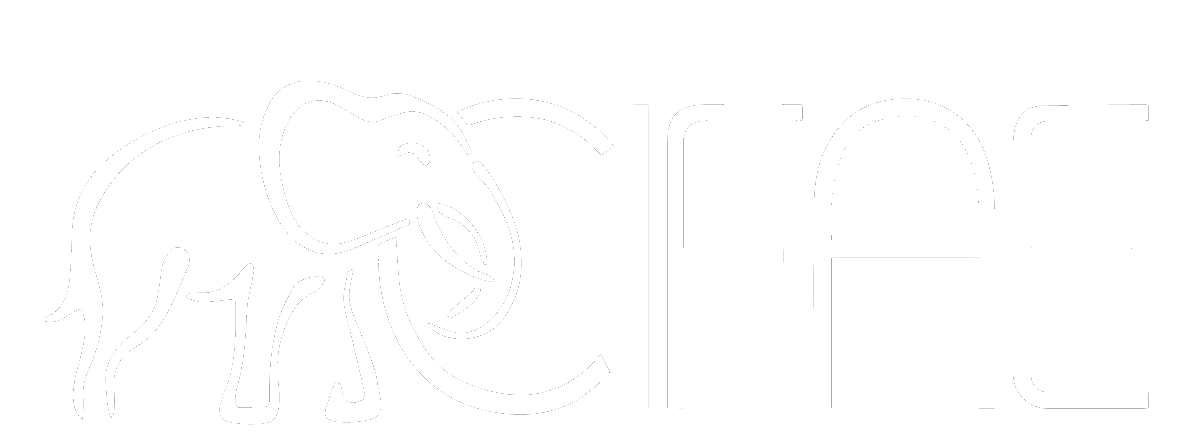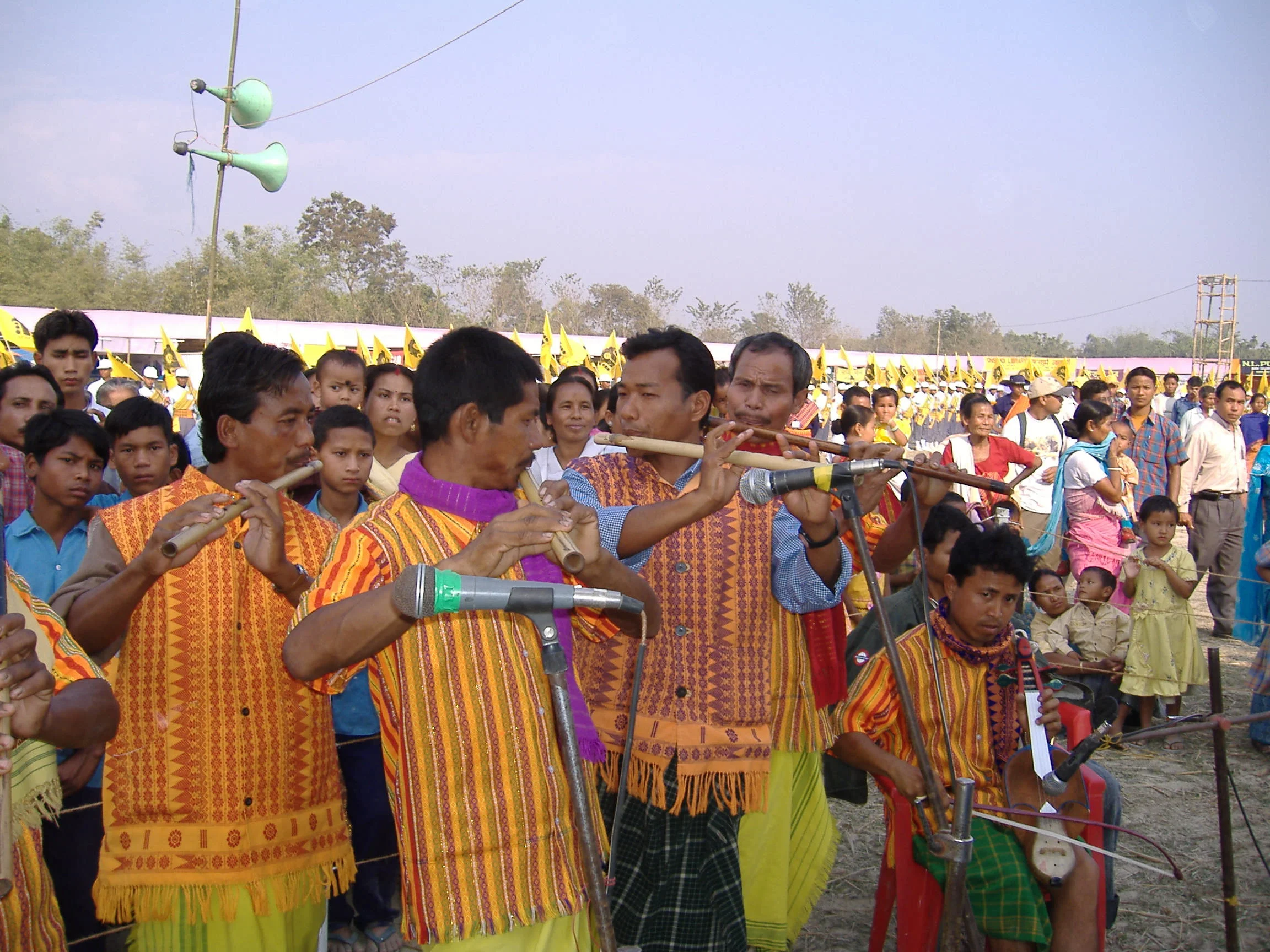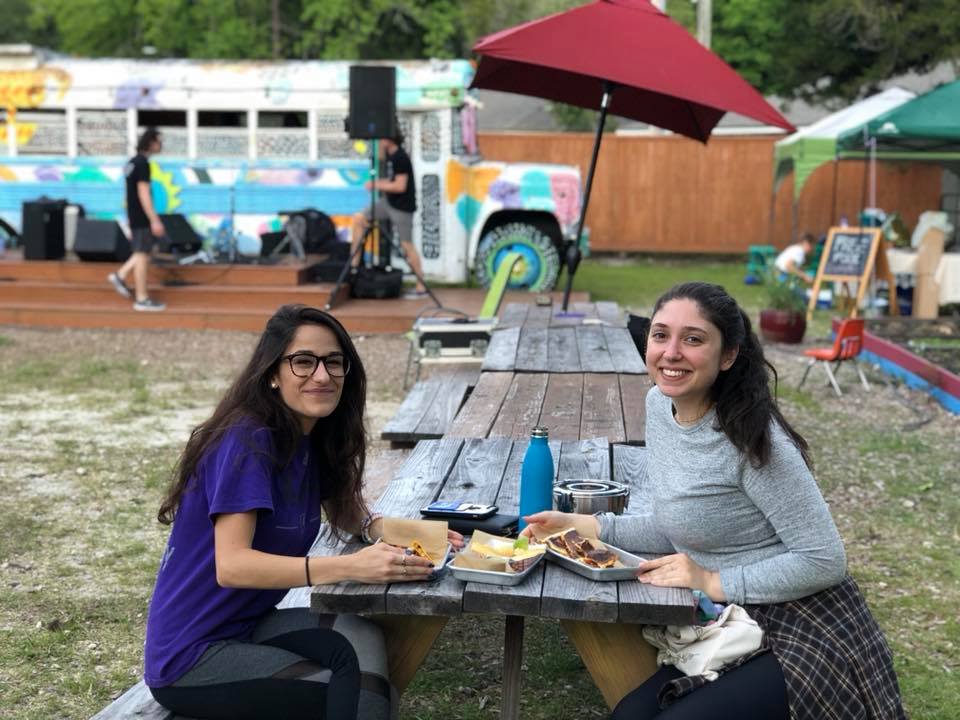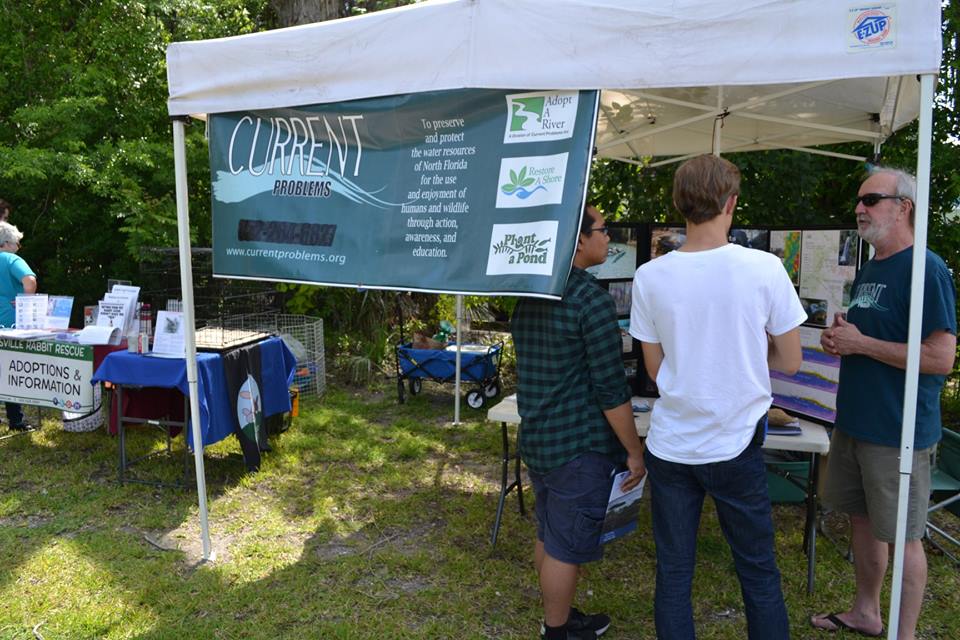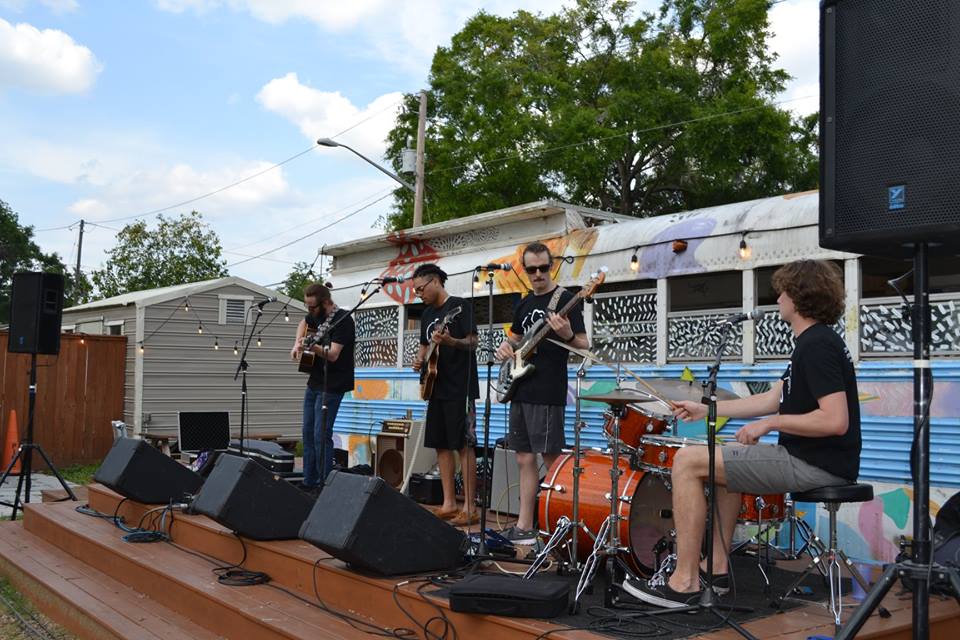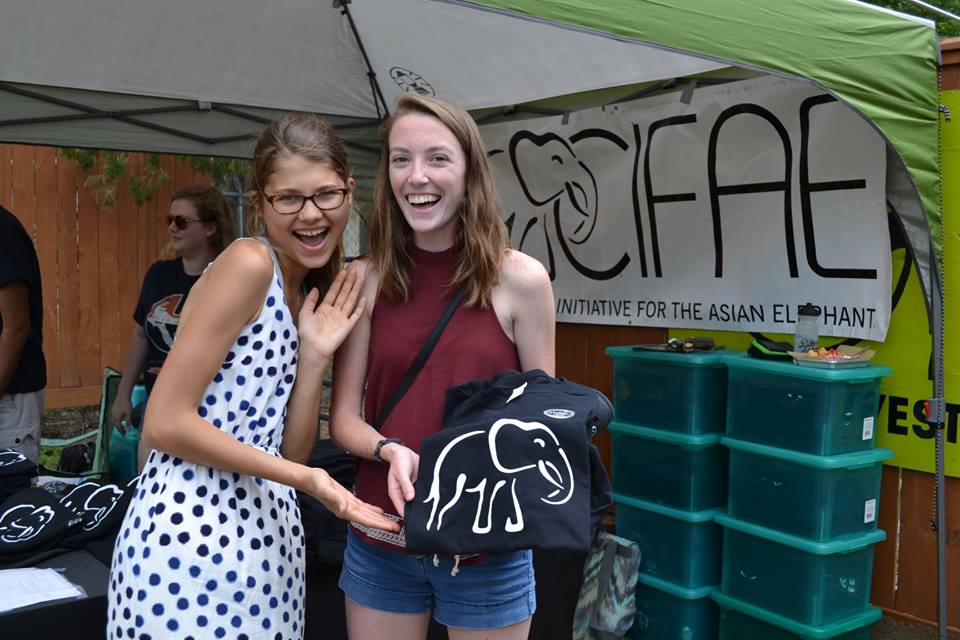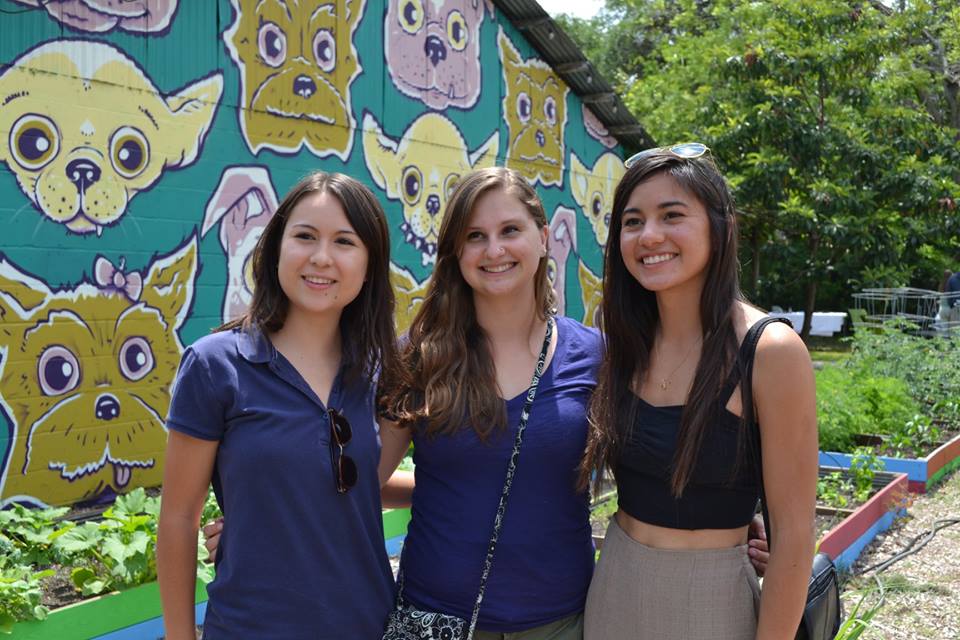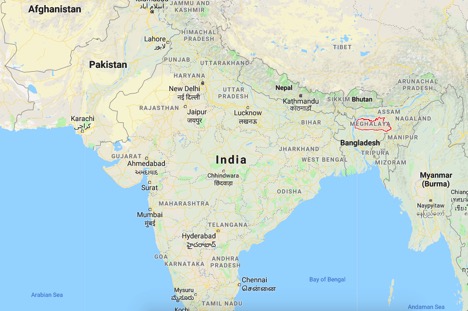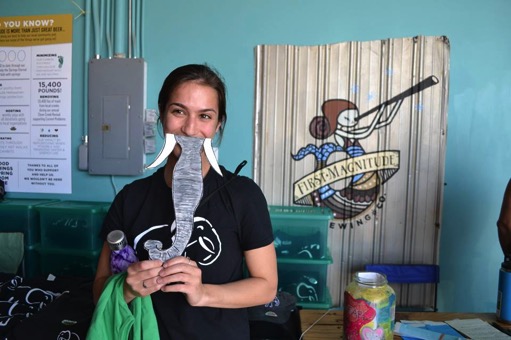We are passionate about human dignity and human ecology and Asian elephant society is an incomparable reflection of how we as humans are operating in the world. Elephant society also teaches us a plethora of lessons of how human families can work together to raise young and be in a sustainable community.
Thirty percent of all Asian elephants are captive as work or tourism elephants and almost all of them are encountering human settlements and agricultural fields. Only 40,000 wild Asian elephants remain due to habitat loss, human-elephant conflict, and poaching. About half of those are in India where poaching claimed 121 male elephants in the last four years. Death by electric fences protecting lands claims even more elephant lives.
For the past several months we have been planning activities for the year, how to connect to other elephant conservationists in Asia, and supporting the amazing work being done by wildlife scientists Kashmira Kakati and Amirtharaj “Christy” Williams in in Northeast (Meghalaya), India. In February 2016 we will directly support a workshop in Meghalaya, India organised by the Meghalaya Department of Environment & Forests with the specific aim of developing a conservation action plan for Asian elephants in the Garo Hills landscape. It will bring to a common platform government managers and decision makers, communities and conservationists who have worked in the landscape. We will assist with collation and data analysis and work with meeting organizers on the ground in India. We need your support to be able to fully do this.
Last year, we launched a new website. We envision many aspects of elephant-human ecology to be highlighted there as well as recognizing some champions of conservation work. As of November last year, we have been joined by Kathleen McKee as a volunteer Fellow to help us develop and implement programs that raise awareness and community involvement in Asian Elephant Conservation.
In February, as part of the “Being an Elephant at Art” program, we screened a music video by conservationist and world-class musician, Ibson Lal Baruah, from Assam, India at the Cinema Verde Film and Arts festival in Gainesville, FL. “Deepor Beel Paare Paare” is a musical and visual tribute to how we must understand our impact on the environment and the contrast between foraging elephants and fishing boats, with speeding trains in the Deepor Beel wetland that elephants and many other animals call home. The screening created quite a stir in mainstream press in Northeast India. There were at least five newscasts airing a video of Ron Chandler talking about the video, and many newspaper articles reporting the screening in the USA. After all the media attention, the Assam Government issued an urgent order to clean up a trash dump adjacent to the wetland.
We have been leveraging social media with Facebook posts targeting people in Asia and getting big responses. One post reached 29,000 people and received almost 900 ‘likes!’ We have a new YouTube channel and a Twitter account. We are creating awareness and action!
Upcoming Events
Yard Sale, May 16, 2015
Fundraiser in Gainesville, September 2015
- In September, we will have our fundraiser that includes food, drinks, friends, Indian art and music, and a shadow puppet show.
Elephant March in Gainesville, October 2015
- In October, we will sponsor a march in Gainesville for Elephants and Rhinos that will coincide with marches worldwide in the Global March for Elephants and Rhinos inviting community groups to take to the streets for elephants and sustainability.
How you can Help!
We would appreciate your donations: to cover costs for supporting research and stakeholder activities in India, to pay for materials needed for the march in October, to fund elephant-bicycle art, marketing and web support. Donations can be made directly online via our website, here!
We are looking for your ideas to connect to the community, partner with others, fundraise!
Do you have a business that wants to sponsor an event?
Do you have an organization that wants to decorate a bike or make a poster for our march in October?
Do you have web, graphic design or marketing expertise that you would share for saving elephants?
Do you want to help with event implementation?
Do you have ideas for other community activities?
Let us know - cifaeinc@gmail.com. We look forward to your care and support of the Asian elephant and those with whom they share habitat!
